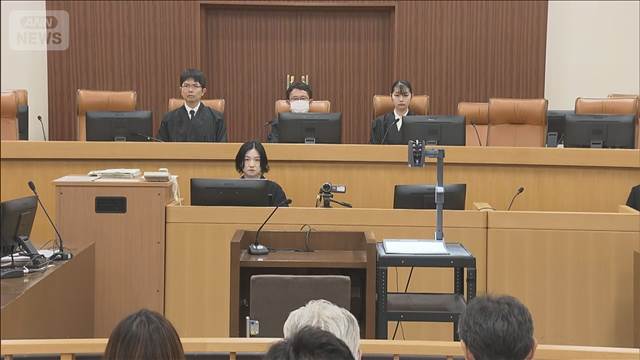In a shocking turn of events surrounding the Nagano quadruple murder case, the accused has chosen to exercise his right to remain silent during the recent court proceedings. The chilling crime, which snuffed the life out of four Nagano residents, has been the center of national attention for weeks. As details about the case continue to emerge, the 'mum' approach by the accused in the court intensifies the mystery and dread.
In Japan, where the crime rate is generally low, such a high-profile criminal case attracts extensive media attention and public interest. The silent strategy by the defendant fuels public curiosity and raises questions around legal proceedings. Additionally, the 'right to silence' in court is a critical aspect of Japan's criminal justice system and can significantly impact the course of the trial.
Much like in EU and the US, the right to remain silent in court is well-respected in Japan, with defendants allowed to abstain from self-incrimination. However, in contrast to many U.S. and E.U. countries which have an adversarial system, Japan operates largely on an inquisitorial system where silences may have different implications.

